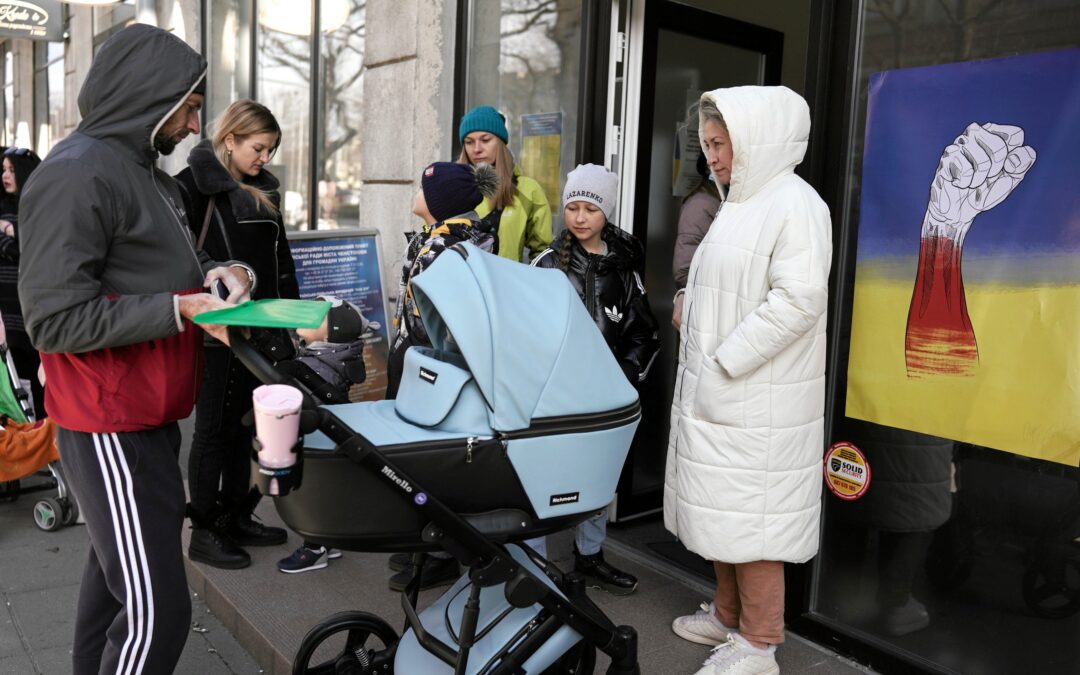Poland’s government has set out further details of a traffic-light system of local restrictions that it plans to introduce in the event of a significant rise in coronavirus infections this autumn.
Poland currently has the European Union’s lowest average of daily recorded new COVID-19 cases in proportion to population. However, speaking on Tuesday, health minister Adam Niedzielski warned that, once the summer holidays finish and “normal mobility and social interaction” resumes, transmission will increase.
This week, a model prepared by scientists at the Wrocław University of Technology estimated that, like last year, Poland would, after a relatively infection-free summer, see a rise in infections in September, reaching a peak in late November that could reach as high as 30,000 daily cases.
Should such a scenario materialise, Niedzielski confirmed that, rather than introducing a fourth national lockdown, restrictions will be implemented within each of Poland’s hundreds of individual administrative districts (powiaty) based on the local rate of infection and the proportion of people vaccinated against COVID-19.
As happened in summer 2020, there will be three levels of restrictions: green (the lightest), yellow and red. For now, the specific rules in each coloured zone have not yet been outlined.
One difference will be that the level of infections required to reach each successive level will be double those in place last year. This is because, “looking at the experience of western European countries, we [see] that the same number of infections translates into 40-50% fewer hospitalisations” thanks to vaccination, said Niedzielski.
Almost 50% of Poles are now fully vaccinated. However, while the country’s vaccination rollout initially proceeded at roughly the same rate as the EU average, it has over the last three months fallen significantly behind, amid a slowdown in registrations.
Vaccination rates are generally higher in cities than in the countryside, with particularly low levels in the poorer, more rural east of the country. The government has undertaken various efforts to boost registrations, including a lottery for fully vaccinated people with a one million zloty prize.
Currently, few restrictions are in place in Poland, with most having been removed in May and June following a decline in infections from an all-time high in March and April.
Main image credit: Adam Nieścioruk/Unsplash

Daniel Tilles is editor-in-chief of Notes from Poland. He has written on Polish affairs for a wide range of publications, including Foreign Policy, POLITICO Europe, EUobserver and Dziennik Gazeta Prawna.




















